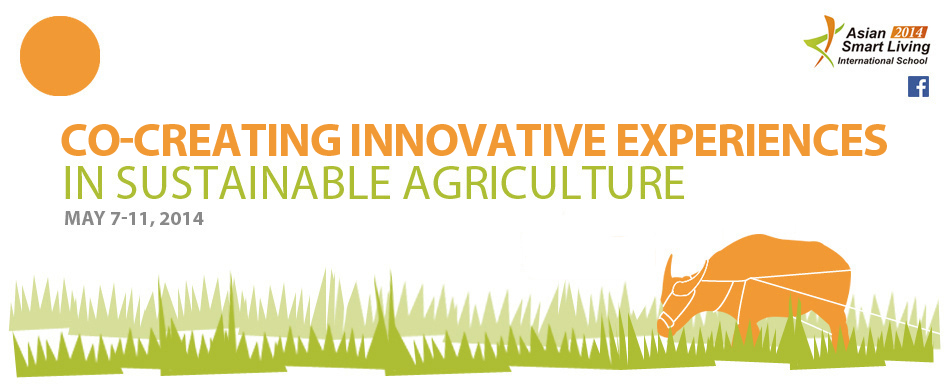Talent Cultivation Program for Smart Living Industry
In the past three decades, Taiwan has built up a very competitive OEM/ODM-oriented industry and achieved the so-called Taiwan Economic Miracle. In recent years, however, as it faces the effects of globalization and of competition from emerging countries such as China, India, and Brazil, Taiwan has had to rethink its future industry development strategy. Among the many new challenges ahead, those that call for urgent assessment include issues related to the country’s aging society, its extremely low birth rate, and environmental problems related to global warming. Unlike the OEM/ODM-based industry of the past, future industry must be developed with consideration given to the humanities, environmental sustainability, cultural uniqueness, and social fairness.
To this end, the Talent Cultivation Program for Smart Living Industry aims at cultivating university students and teachers through interdisciplinary training and, thus, equipping them with the ability to fit the future needs of emerging industry, needs that relate not only to technology but also to social, cultural and environmental issues.
With these ends in mind, this Talent Cultivation Program will focus on three fields: Sustainable Smart Living Space, Smart Health and Medical Care, and Culturally-oriented Living Technology.
Sustainable Smart Living Space
“Sustainable” implies the significance of environmental issues in this subfield, covering micro-,meso-, and macroscopic spaces, ranging from a car, room, house, community, and city to the entire country.
Smart Health and Medical Care
Medical care as a core technology and infrastructure facilitates clearer communication between the service provider and consumer. Cooperation among medical care center units, such and hospitals or care centers, will facilitate student internship. Community college participation will incorporate potential consumer perspectives into the courses.
Culturally-oriented Living Technology
Exploring local culture, history, and industry in-depth will cultivate cultural sensitivity and awareness in students. After acquiring insight of local culture, students will apply their observations in specializing and making living technology appealing to customers.
The program will promote what we are calling “sandwich” courses. These courses will consist first of all of a creative outer layer made up of student-based service learning courses and industry-based courses created in cooperation with academic institutions. The inner layer of the sandwich will include general education, professional, and hands-on courses. These courses will be developed through an innovative integration of the resources of various universities and businesses. They will also bring in a variety of teachers from different disciplines, and will even draw on such entities as university student clubs. The approach is one that is meant to promote teacher, student, and industry participation, to break the communication barrier that exists among different disciplines, to bring together scattered resources, and to modernize out-of-date teaching methods, and, ultimately, to spark innovative ideas.
See more here: http://www.smartliving.org.tw/en/
